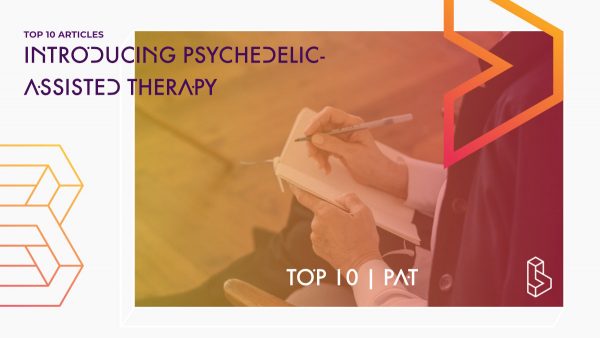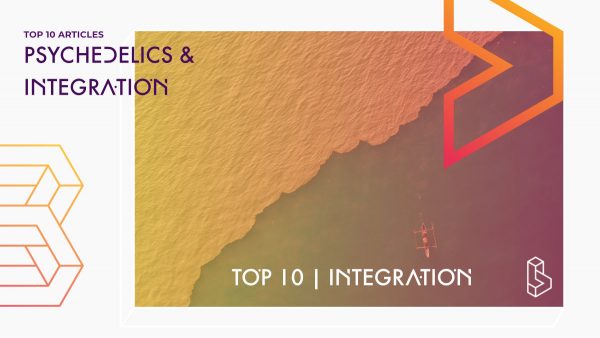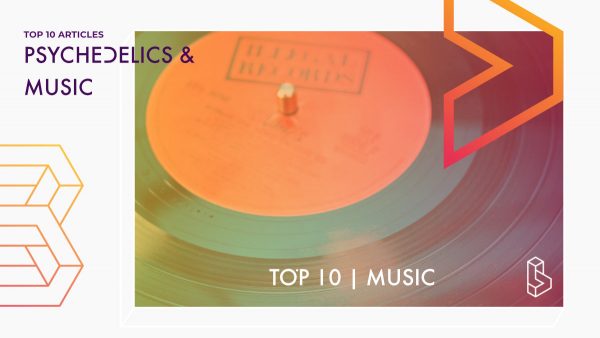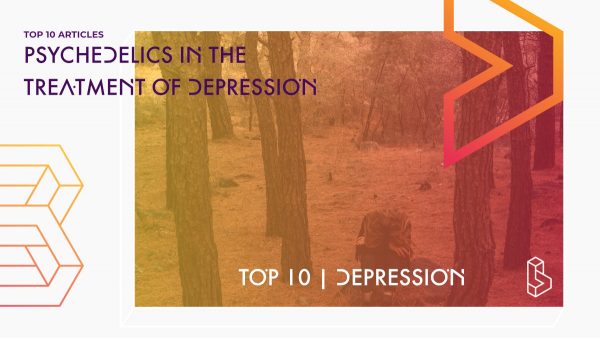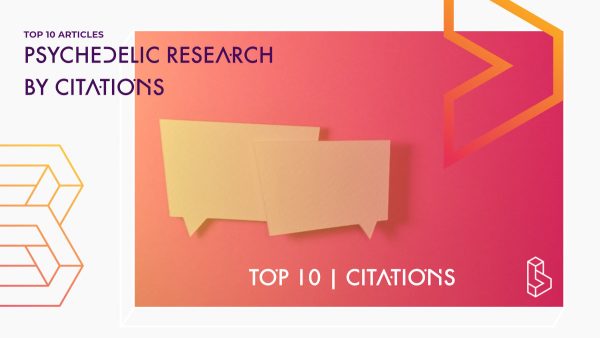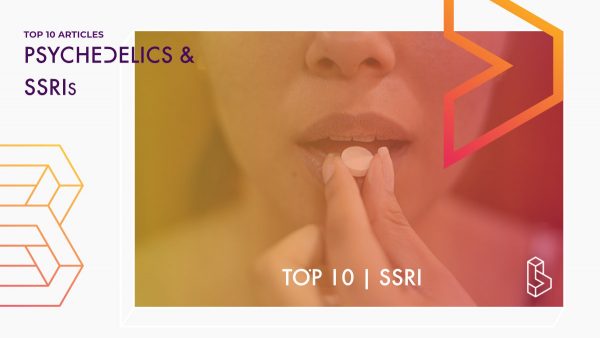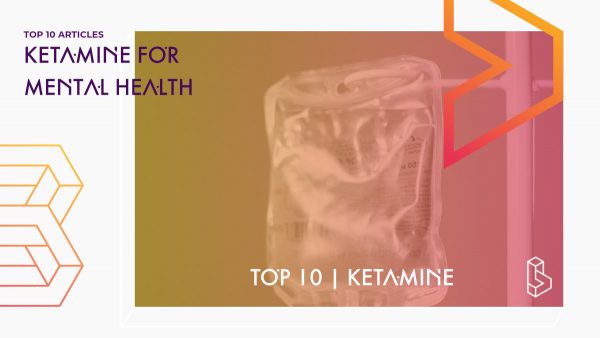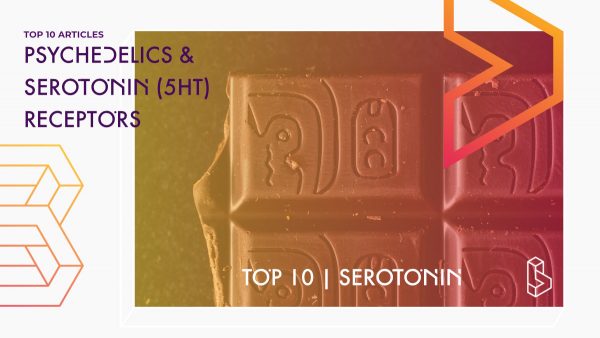Know where to get started
when learning more about psychedelics
Research | Papers | History
Learn about the transformative research, the academic papers,
and history of psychedelics from trials to practice
Psychedelic Research
Academic research into psychedelics has been ongoing since the 1950s. LSD and MDMA were two of the compounds that hundreds of psychiatrists had available in those early days. Unfortunately, many of the clinical experiments were shut down between 1970 and 2000 as psychedelics were included in the Controlled Substances Act. However, persistent researchers and non-profits continued to advocate for research on these compounds.
Regulations around psychedelics are still very stringent in most countries, and research is, therefore, much more expensive than it should be. Still, many experiments and trials have commenced in the last 25 years. MDMA and psilocybin are now poised to become medicines, ketamine is already being used off-label (and esketamine as Spravato) to treat depression, and many other psychedelics are being researched for medical use.
Psychedelic research is being championed by the following research institutes, non-profits, and researchers.
Beckley Foundation, which kickstarted a lot of the current psychedelic research. It has been around since 1998 under the leadership of Amanda Feilding
Heffter Research Institute, founded in 1993, funds many psilocybin studies and was founded by David E. Nichols, Charles Grob, and others
Multidisciplinary Association for Psychedelic Studies (MAPS) has been advocating since 1986 and has finished Phase III trials of MDMA for PTSD, founded and led by Rick Doblin
Usona Institute was founded in 2014 and is currently in Phase III trials of psilocybin for depression (MDD), under the leadership of Bill Linton
Johns Hopkins Center for Psychedelic and Consciousness Research launched in 2019 after two decades of research at the university, led by Roland Griffiths and Matthew Johnson
Imperial College London’s Centre for Psychedelic Research also launched in 2019 and is led by David Nutt and David Erritzoe (previously Robin Carhart-Harris)
Psychedelic Papers
The organisations and people above are largely responsible for the revival of research into psychedelics. Nowadays, there are more than 100 publications on psychedelics each month. Of all the papers on psychedelics, the following have been some of the most influential and informative.
The studies below are sorted from large (population) to small (clinical experiments), and from outcomes (mental health) to underlying mechanisms (neurology).
Psychedelics and Mental Health: A Population Study (Krebs & Johansen, 2013) Media has long portrayed psychedelics as harmful. This extensive survey study shows that the use of psychedelics is not associated with mental health problems
The safety and efficacy of ±3,4-methylenedioxymethamphetamine-assisted psychotherapy in subjects with chronic, treatment-resistant posttraumatic stress disorder: the first randomized controlled pilot study (Mithoefer et al., 2010) MDMA-assisted psychotherapy (2-3 sessions with 125mg) led to 83% of the treatment group no longer meeting criteria for PTSD
Psilocybin produces substantial and sustained decreases in depression and anxiety in patients with life-threatening cancer: A randomized double-blind trial (Griffiths & Johnson, 2016) Psilocybin (22mg) led to 80% of participants significantly decreasing depressed mood and anxiety
A Meta-Analysis of Placebo-Controlled Trials of Psychedelic-Assisted Therapy (Luoma et al., 2020) A meta-analysis (combining multiple studies) of double-blind placebo-controlled studies (RCTs) with psychedelics finds them to be effective and have a large effect on four mental health disorders (PTSD, end-of-life anxiety, depression, social anxiety among autistic adults)
Psychedelics (Nichols, 2016) One of the best overview papers of where the field of psychedelic research stands and how psychedelics elicit their effect as (partial) agonists at the serotonin (5HT-2A) receptors
Neural correlates of the psychedelic state as determined by fMRI studies with psilocybin (Carhart-Harris et al., 2012) Psychedelics enable a state of ‘unconstrained cognition’ by decreasing activity in the (top-down) connector hub of the brain
The entropic brain: a theory of conscious states informed by neuroimaging research with psychedelic drugs (Carhart-Harris et al., 2014) Psychedelics increase the criticality of the brain and allow more bottom-up information flow (followed up by a revision and the REBUS model)
The studies above are among the most read and cited papers about psychedelics. Take a deeper dive with our other lists on psychedelics papers.
Psychedelics Yesterday, Today & Tomorrow
Serious scientific research on psychedelics has been ongoing since the 1950s. The use of psychedelics themselves has been going on since the time before history began. For centuries, mushrooms have been featured in cave paintings, statues, written texts, and rituals. Credible theories even link ergot (fungus, a precursor to LSD) to the potion used in the Eleusian Mysteries.
The term psychedelic (mind-manifesting) was first coined in 1956 by psychiatrist Humphry Osmond in correspondence with the author Aldous Huxley. It replaced less suitable definitions such as hallucinogen (to hallucinate) or psychomimetic (mimicking psychotic symptoms).
The early research with psychedelics (mainly LSD, psilocybin & MDMA) was done on quite a large scale and with good results. The studies by Osmond and others showed promise for alcohol addiction (over 2000 participants), use in psychotherapy, and creativity research. The studies did, however, not conform to the standards of today. There were (often) no placebo or control groups, and later analyses found less exciting results (e.g. Krebs & Johansen, 2012 and Doblin, 1998)
The Controlled Substance Act put a stop to most research, and therapists who provided psychedelic-assisted therapy had to go underground. Over the last 20 years, the tide has slowly (and recently more quickly) started turning. The research organisations mentioned above and others are showing the great promise of psychedelics for mental health improvements. The current expectation is that within the next few years, a therapy assisted by psychedelics will be approved for use in the US (CA and EU).
At the same time, many decriminalisation (and legalisation) efforts are ongoing in the US, Canada, and worldwide. Drug policy dictated by a ‘war on drugs’ has turned out to be much more destructive than the drugs themselves. We hope that the current and future research on psychedelics will (continue to) provide evidence for the usefulness and safety of psychedelics.
This (very much) abbreviated history of psychedelics gives an overview of how research has progressed. Inside and outside of academia, there is much more to learn about psychedelics’ history and future. The use of psychedelics around the world, especially in South America, has a long and colourful history. We wholly recommend also viewing the psychedelic timeline by Psychedelic Times.
The following books offer great starting points to learn about (the history of) psychedelics.
How to Change Your Mind From the investigative journalist Michael Pollan comes a book that lays out a full (American/Western) history of psychedelics research intertwined with personal experiences
The Psychedelic Renaissance Psychedelic researcher, psychotherapist, and entrepreneur Ben Sessa offers a comparable overview with more focus on the research up to 2012
LSD: My Problem Child This short book recounts the history of LSD from the perspective of its (not accidental) inventor, Albert Hofmann



